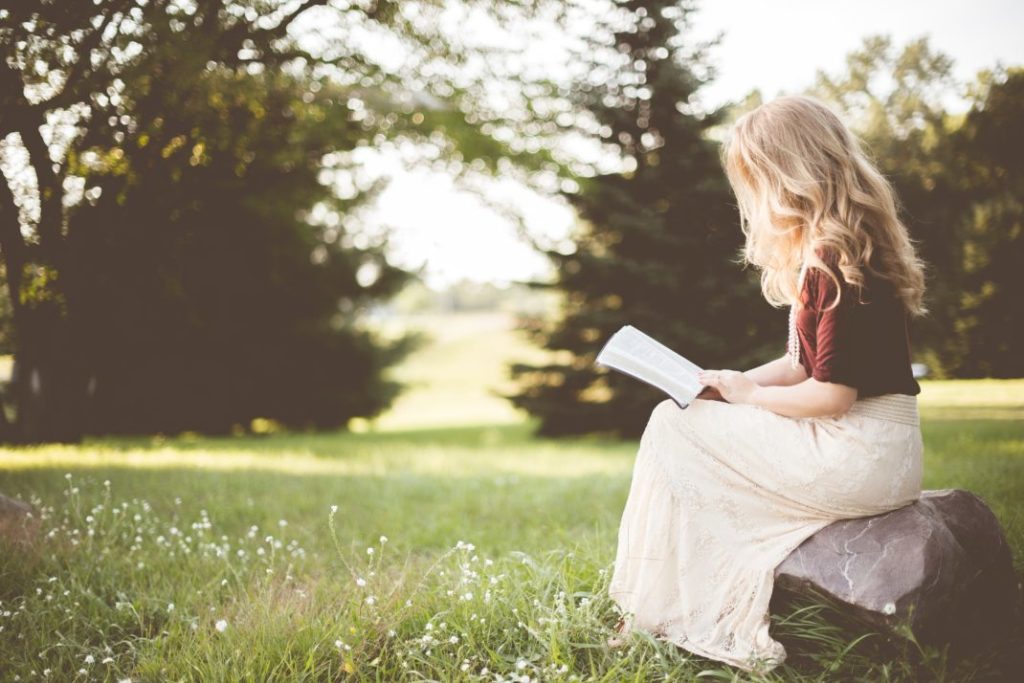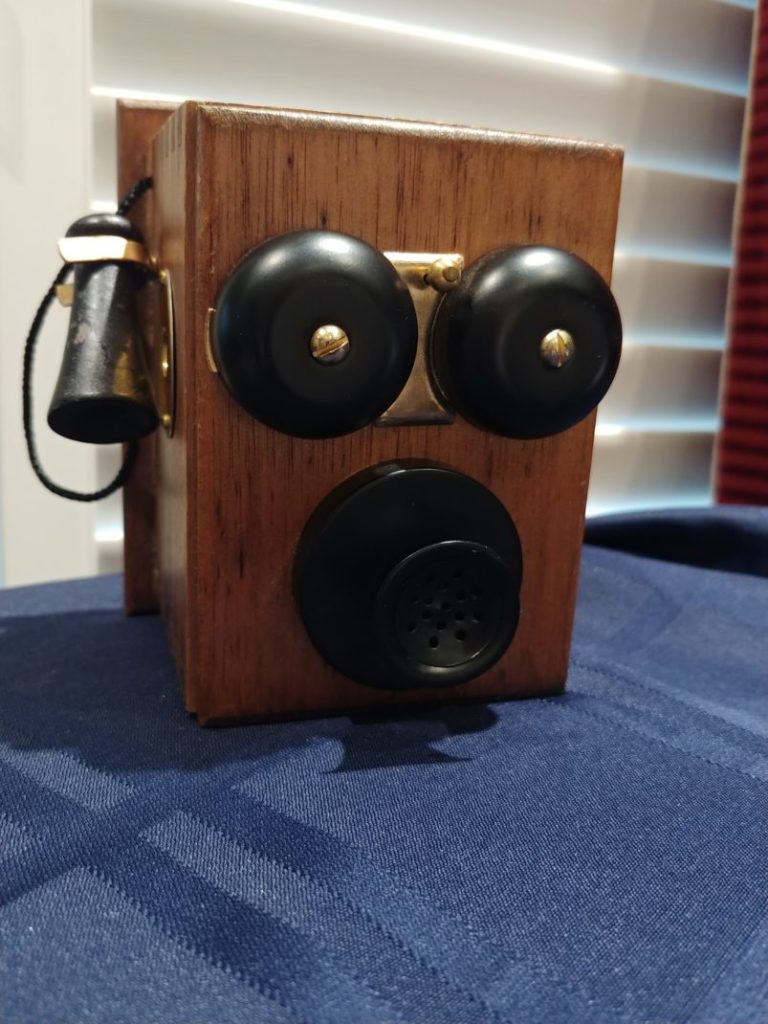Many authors’ goal is, among other things, to stay true to the setting of the story. One way to do this is not to include something that would “bump out” a reader, meaning, make them pause and re-read or puzzle about something on the written page. Getting “bumped out” can slow down their progress reading or make the book less enjoyable and even give the reader a motive to put down the book….maybe forever.
One way authors can bump out a reader is with terminology. For historical authors, this can be especially challenging since it’s difficult to stop and consider whether common words today were used during the setting of the novel. Also, words used in 1920s American would be different from words used in the Regency or Victorian England.
Some words that often crop up in novels set in a historical era are “Hello” and “Okay”. They’re so commonly used today that they’re often overlooked by authors and readers alike.
The first written usage of the word Hello originated in 1827, according to The Oxford English Dictionary, and was used to attract someone’s attention, such as “hello in there!”
Hello wasn’t used as a greeting until the after the arrival of the telephone. Thomas Edison said “hello” as a variation of the commonly used exclamation of surprise, “Hullo!” Other greetings for an unseen and unknown caller were “Do I get you?” and “Are you there?” Hello quickly caught on as a simpler and more efficient greeting by phone, and later, in person, although Alexander Graham Bell preferred to answer his telephone with a nautical term, “Ahoy.”
So in case you’re wondering, people in Regency England would never say “Hello” in greeting. Now you, too, can cringe when you read a gentleman saying “Hello, my lord.”
Another word that bumps out historical readers is the word “okay,” or “OK.” Based on my research, no one is really sure when that term came into use, though everyone agrees its origin is less than 100 years.
According to the Oxford English Dictionary, a likely explanation is that okay or OK originated as an abbreviation of orl korrekt, meaning ‘all correct,’ which was in use in the United States in the 1830s. The oldest written usage was in the 1840’s in a slogan by the American Democratic candidate, Martin Van Buren, nicknamed ‘Old Kinderhook’ (after his birthplace in New York State). His Democratic supporters formed the ‘OK Club’. The word OK may not have been a factor in President Van Buren’s win, but the term caught on and the spelling later changed to “okay.”
Another plausible theory as to the origin of the word OK or okay originated among Black slaves of West African origin representing a West African word which means ‘all right, yes indeed.’
The CBS News Site discusses the origins of OK, and reports that the earliest appearance in a dictionary was in the Slang Dictionary of Vulgar Words 1864 edition.
Unfortunately, we may never know the true origin of OK. However, while people in the US in the 1870s or later could have said OK, no one in Regency England would have.



One reason I like Historical Fiction is so I can learn something so I appreciate the correct terms/language at the time.
This is a timely writing on use of ‘okay’. I for one avoid that word. It is so overused . We could say ‘is that acceptable’ instead of is that okay, ‘that is not acceptable’ instead of that is not okay. Saying it at the end of a statement is asking for approval. ‘please help with dishes, okay?’, ‘take turns, okay? ‘Finish your homework, okay? I think it’s more a habit, like the use of ‘you know’ at the end of a statement or question. A fun discussion, Donna.
“OK” or “okay” bother me in historical stories because I knew they were Americanisms from the very-late-1800s, but I had no idea about “hello.”
I don’t usually dock stars from reviews if “okay” is the only thing anachronism, though.
Great post Donna. I use Etemology.com a lot when writing Regency so looked up OK https://www.etymonline.com/search?q=OK then I looked up okay and got the same result.
Though this isn’t in reference to a particular word, one thing that bothers me (although I’m not so nit-picky as to put an otherwise good book down because of it) is the “rolling of the eyes” as in reference to annoyance. I came across something awhile back and, according to that, rolling the eyes in this manner is a fairly new thing. The article has it coined as starting in the 1980’s. Though I won’t make any sort of conjecture of its correctness, I would venture to say there is some truth to it, regardless of the specific time period it may have come into being as a sign of annoyance.
I’d love to hear your thoughts on this.
Hi Tracy. That’s an interesting question. Eye rolling is not a quirk I even thought to research. However, I can’t imagine people suddenly started rolling their eyes as a sign of annoyance and I’m certain I’ve been doing it for much longer than the 80s. It’s possible people simply described the gesture differently such as looked upward, or looked heavenward in a silent petition for patience, that sort of thing. If you find out, please let me know.
From the little I’ve been able to find, it looks like one of the first references is in Milton’s Paradise Lost, where it was used as a signal for attraction and/or lust. Shakespeare also mentions it in The Rape of Lucrece, where it is used in the same manner. I’ve not, myself, dug deep into it, but it does seem our use of it as a sign of annoyance, or perhaps lack of patience, is fairly recent. Although, I can see your point in perhaps it being described differently, or maybe it isn’t even an actual eye roll, but simply looking upward.